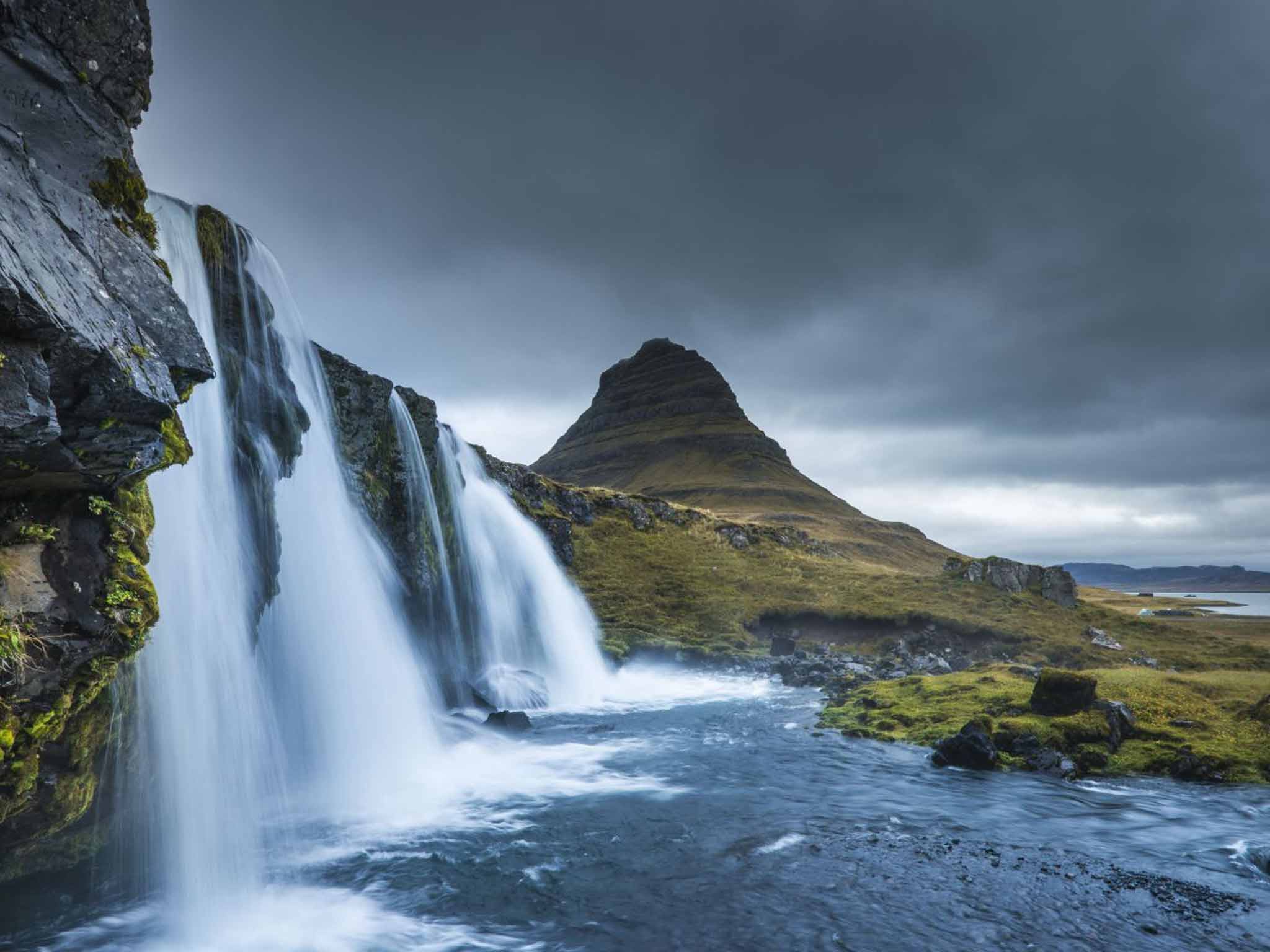Euro 2016: Iceland - the distant cousin with a colourful past and exciting future
All you need to know about the country of England's last 16 opponents

Iceland, the seismic country put on the social media map by an orgasmic football commentator, reminds me of a distant cousin with a colourful past. Most people don’t know much about it, except for a faint memory of its involvement in some questionable financial deals.
This intriguing island also has something in common with the British electorate: it's half in Europe, and half out. While it may look on the map like the final punctuation mark at the far end of Europe, geologically speaking Iceland is where the Eurasian and North American tectonic plates wrestle. Yet it's a lot more fun than a post-referendum debate.
Let’s look at what we (think we) know about the country.
It’s an Arctic island. Well, not exactly. A small fragment of rock, Grimsey, straddles the Arctic Circle, but mainland Iceland is south of the line where tonight the midnight sun will never set.
It’s volcanically hyperactive. Yes, if you take the long view. Iceland is younger than almost any other country, having emerged from the Atlantic less than 15 million years ago. The nearest part of Scotland, the Isle of Lewis, is 200 times more venerable than, but not as volatile as, Iceland. You may well recall where you were in March 2010, when we all learned how to say “Eyjafjallajökull” - or at least to curse the Icelandic volcano whose outpourings of ash grounded aviation in Europe for a week. (I was on a skiing holiday in Norway; I went out as a passenger on SAS, and came back as freight on a container ship.) Yet the presence of active volcanoes has proved no brake on Iceland becoming a mid-Atlantic crossroads of the air.
It’s the cut-price corridor to America. Correct. This summer there are more flights than ever between the UK and Keflavik airport, the NATO air base at the south-western corner, and the US and Canada. By building in a stopover, you can reduce your Air Passenger Duty liability from £73 to just £13 - and use the £60 to pay for an overnight stay in the capital, Reykjavik.
It’s impossibly expensive, especially if you like a drink. A decade ago, when Iceland was the Nordic tiger, that was certainly the case. But following the economic implosion in 2008, the Icelandic krona plummeted in value. Today, a typical bar in Reykjavik charges roughly London prices for the excellent local brews. And if that’s still too steep? Two words: duty-free. With Iceland being outside the EU, you can take cut-price liquor in (and out).
Its finances are shakier than Venezuela’s. “Iceland’s banking collapse is the biggest, relative to the size of an economy, that any country has ever suffered.“ So said The Economist in 2008, reporting “blocks of half-built luxury flats stand half-finished along the waterfront.” The year before, Iceland’s three big banks had lent nine times the value of the country’s economy. The banks also lured internet investors in Europe with implausibly good interest rates, leaving them £5bn short when the house of cards collapsed. About 300,000 of the "savers" were in the UK - neatly mirroring Iceland’s population.
Magnus Magnusson and Björk are the only famous Icelanders. While Wikipedia can never be 100 per cent reliable, its List of Icelanders does rather support this notion. Probably the most famous is Bobby Fischer, the chess player, who was born an American but in 2005 claimed asylum and citizenship in Iceland.
You wouldn’t go there on holiday. Well, you wouldn't if you have no interest in exploring the restless earth; splashing about in scalding natural springs; watching whales frolic in the ocean; eating divine, inspired food; witnessing the Northern Lights dance across the winter sky; and learning about the national spirit that has enabled Icelandic society and culture to thrive on one of the world’s raw edges. But to give it a taste, try 48 hours in the capital: bit.ly/48Reykj
Subscribe to Independent Premium to bookmark this article
Want to bookmark your favourite articles and stories to read or reference later? Start your Independent Premium subscription today.

Join our commenting forum
Join thought-provoking conversations, follow other Independent readers and see their replies
Comments